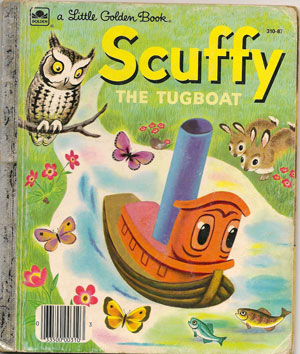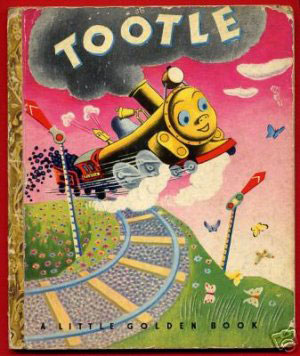May I Be Serious
/A RELATION OF MINE TOOK THIS PHOTO OF GRAIN ELEVATORS IN WESTERN OKLAHOMA. As soon as I saw it, I thought, "if that were my photo, I would use at as the background for a poem or quote: something from a guy like Wendell Berry. Then this one came to mind from his book called: The Art of the Commonplace: The Agrarian Essays.
To live, we must daily break the body and shed the blood of Creation. When we do this knowingly, lovingly, skillfully, reverently, it is a sacrament. When we do it ignorantly, greedily, clumsily, destructively, it is a desecration. In such desecration we condemn ourselves to spiritual and moral loneliness, and others to want.
― Wendell Berry
Photo by Corey Lee Fuller. Used without his permission.
This quote came to mind for me again this morning as we had communion at church. Of course, Wendell Berry is speaking in an agricultural sense, but his use of the metaphor is clear.
But I began to ponder this idea of breaking of body and shedding of blood in the context of humanity as a collective "body". No doubt there have been times when we as the human race have justified breaking the bodies and shedding the blood of our own kind. And some of it may have been necessary; maybe.
I also know however, that our human story, which we call history, is full of unjustifiable, senseless breaking and shedding. But dang it... It is everywhere these days: from Ukraine, to Afghanistan to Ferguson, Missouri, to our hometowns where drug-addled "baby daddies" are beating their own infants to death.
In the sermon this morning following communion the speaker suggested that when Jesus lead his disciples through that first, Last Supper, and said, "Do this; and when you do, remember me," He was giving us a center point, a true north, a way to find our way.
We need that, right? Maybe it just old-age coming on me, but we seemed to have lost our way. To borrow a line from the old catcher of the New York Yankees:
If you don't know where you are going, you might wind up someplace else. -- Yogi Berra






